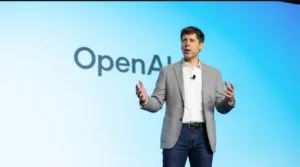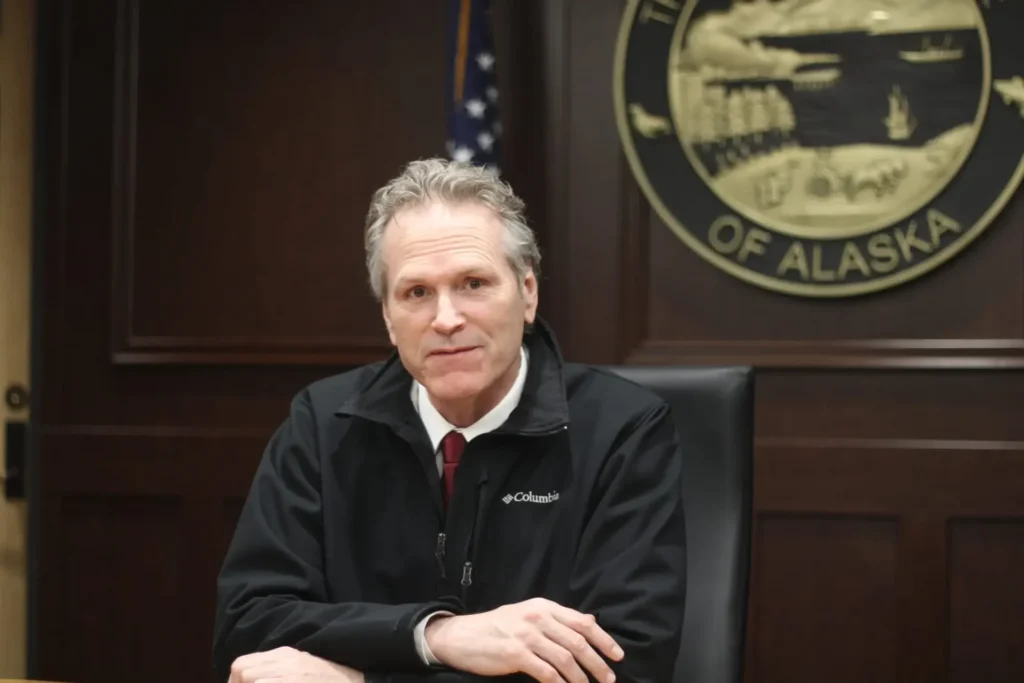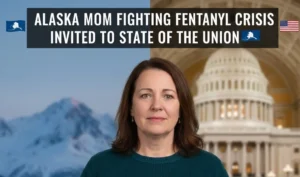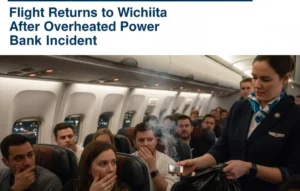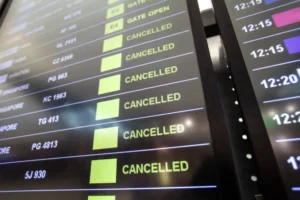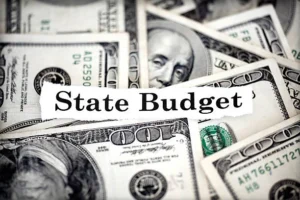Alaska legislators on Tuesday failed to override Governor Mike Dunleavy’s veto of a $1,000 increase to per-student school funding. The joint session vote ended 33-27, seven votes short of the 40 required to overturn the veto.
Despite widespread calls from school officials and educators, the effort failed. Governor Dunleavy rejected House Bill 69, saying the legislation lacked meaningful educational policy and would cost $250 million annually.
Many school districts have warned that flat funding will force hundreds of teacher layoffs and program cuts across Alaska. Without additional funding, classrooms are also expected to become more overcrowded.
During the session, Democratic Senator Elvi Gray Jackson urged colleagues to support the override due to classroom overcrowding and teacher shortages. She said flat funding has already led to educational decline.
While some lawmakers supported more funding, they said Alaska cannot afford a $1,000 boost without new revenue streams to balance the state’s budget. Senator Lyman Hoffman, a Bethel Democrat, voted reluctantly to sustain the veto.
He said he supports higher education funding but demanded new revenue options first. Immediately after the failed veto, Governor Dunleavy thanked legislators who upheld it and unveiled an alternative education package.
The new plan includes a $560 BSA increase of $35 million for homeschooled students, reading grants, open enrollment and support for charter schools. Representative Frank Tomaszewski called the proposal a genuine compromise and said lawmakers should approve it if they genuinely support education.
However, Senator Bill Wielechowski raised concerns about open enrollment and its impact on local control and equitable school access. This marks the third year in a row Dunleavy has vetoed major school funding increases, with override attempts falling short each time.
While some hope remains for a new deal, lawmakers admit that reaching a consensus with the governor in one month will be challenging. Legislative leaders said they will try to negotiate a new education agreement despite deep divisions over Alaska’s long-term fiscal plan and the school funding veto.

